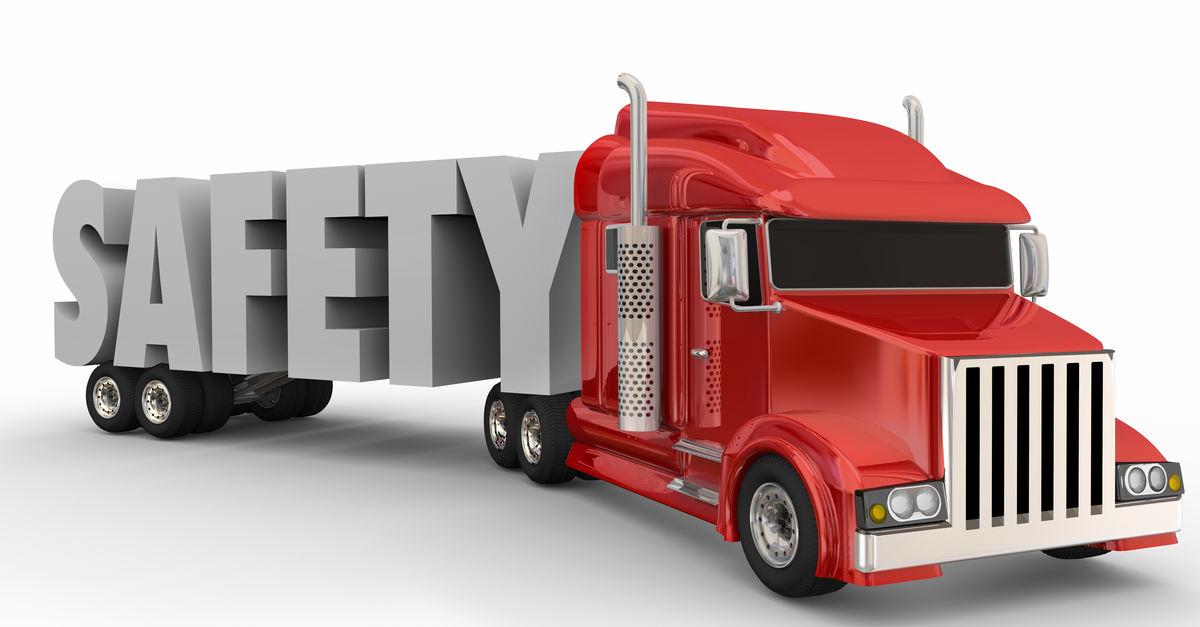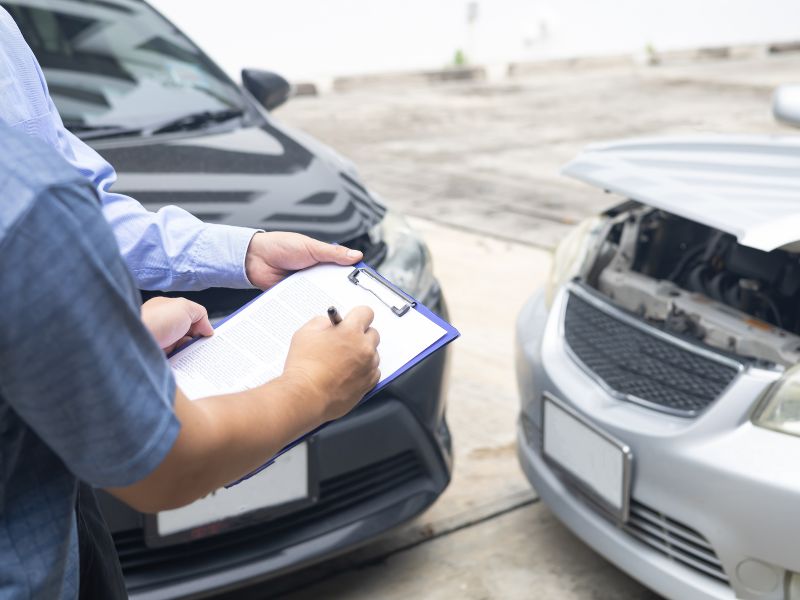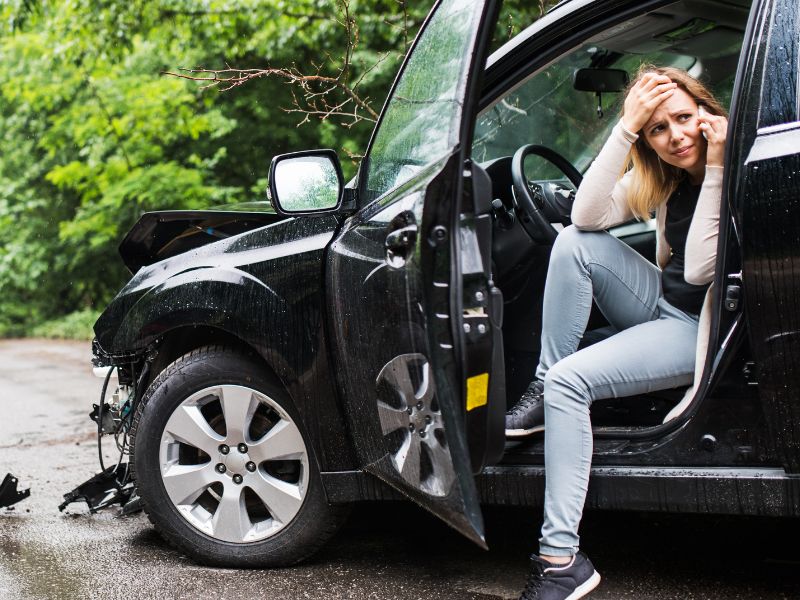The spring of 2020 brought changes to every type of job in the United States. In the new world we all face, truck drivers have to adapt to new road safety rules.
The COVID-19 pandemic has had a widespread impact on the supply chain due to increased demand for certain goods. It made medical supplies a matter of national security. In some ways, these new truck driving safety rules – such as allowing certain truck drivers to stay on the road for longer stretches of time – may pose hazards to anyone on the road, so it’s important to be especially vigilant when traveling during the pandemic.
As a resource to our community, Demas Law Group has gathered some information on the ways COVID-19 has affected truck driver safety rules.
How COVID-19 Can Impact Trucking Safety
Few people knew what to expect in the face of a global pandemic. Even fewer were prepared for how the disease has impacted trucking and road safety. According to the Global Alliance of NGOs for Road Safety, the changes in everyday travel due to stay-at-home and quarantine recommendations have widespread effects on the road.
For example, fewer tourists are getting on the road to take weekend trips. This has been true even for heavy travel times, like spring break and Memorial Day. While many states are cautiously opening up businesses this Summer, tourism and travel are unlikely to expand to pre-pandemic levels anytime soon. This vacation travel reduction, combined with the increase in work-from-home arrangements, results in fewer vehicles on the road.
Some commuters choose to avoid public transit as another consequence of COVID-19. For example, in New York, the Stock Exchange has reopened with a requirement that traders avoid the train to limit their chance of exposure. This means that some workers are coming back to work in cars, when in the past they would have taken a bus or the subway.
It’s still too early to know how these shifts in traffic will impact crashes, but all drivers should be aware and watch for hazards. As the Global Alliance of NGOs for Road Safety pointed out, stretched emergency services may make police and ambulance response time to wrecks slower in affected areas. Driving safely is more important than ever.
Demand for Essential Goods and Trucking Hazards During COVID-19
Many people have experienced the new reality of empty shelves in the grocery store. When the scope of the pandemic began to sink in, some shoppers decided to stock up on essentials like canned goods and frozen vegetables. Toilet paper and cleaning supplies became precious.
While grocery stores and medical suppliers worked hard to keep important commodities available, the national supply chain was stretched thin and, in some places, temporarily broken.
Since the early days of trucking, drivers have had to follow safety regulations that limit how long they can drive without a break. To help keep American households in the beans, pasta, and soups they are buying in record numbers, the Federal Motor Carrier Safety Administration (FMCSA) suspended these hours-of-service limits for “drivers transporting emergency relief in response to the nationwide coronavirus (COVID-19) outbreak.”
Under this temporary suspension, truckers carrying emergency equipment, like personal protective equipment (PPE) and food to restock bare shelves, can keep driving longer than the normal 11-hour limit. The FMCSA published a full list of the exceptions to the hours-of-service regulations, including drivers transporting medical personnel and equipment for emergency housing or quarantine facilities.
Tips for Drivers to Stay Safe During Covid-19
 Truck drivers should remain vigilant about safety, especially during the coronavirus national emergency. Some road safety rules for truck drivers have changed, but each trucker is ultimately in charge of their own vehicle.
Truck drivers should remain vigilant about safety, especially during the coronavirus national emergency. Some road safety rules for truck drivers have changed, but each trucker is ultimately in charge of their own vehicle.
Here are some common-sense tips to help drivers to stay safe during COVID-19.
- Even if you’re exempted from the hours-of-service regulations due to your essential cargo, ask to take a break if you’re fatigued. Autoblog reports that the regulations explicitly require truck employers to allow their drivers to take a break if they request one. Driving drowsy is dangerous, in some cases just as dangerous as driving while under the influence, so don’t force yourself to operate a vehicle while tired at the expense of everyone’s safety.
- Keep sanitation supplies close to hand. Current safety recommendations include washing your hands frequently, or, failing that, using an alcohol-based sanitizing gel. Keep soap in your truck, in case you can’t find any at the truck stop. Clean the doors to your cab and other high-touch areas with soap or bleach-based cleanser frequently.
- Avoid interacting with people in crowded spaces. Social distancing may be difficult inside crowded rest areas, so wearing a mask may help minimize the risk of viral contamination. Drivers with pre-existing conditions like high blood pressure or obesity may wish to be especially vigilant about their interactions.
- Watch for aggressive or reckless drivers. There have been some reports of irresponsible drivers using the relatively empty highways to drive at dangerous speeds. If you see someone behaving recklessly, it may be worthwhile to report them to the police.
Every driver, professional or not, has the responsibility to drive safely. This is especially true when emergency services have to supply care at unprecedented levels.
What to Do After a Crash During COVID-19
If a reckless driver causes you to be injured in a crash, you can take some immediate steps to stay safe.
- Move your vehicle out of traffic, if possible and if it can be done safely. It’s important to clear the road.
- Make sure you and your passengers are stable. If not, call 911 immediately.
- Check on the other people involved. Try to maintain social distancing, but verbally confirm with any other drivers and passengers that they’re ok.
- If you haven’t already, report the crash to the authorities. There should be an official report of your accident to help in any future legal proceedings.
- Photograph all involved vehicles and the crash location. Be sure to include identifying marks, like the Department of Transportation numbers, license plates, and livery.
- Exchange contact and insurance information, but avoid discussing the crash.
- Contact a qualified truck accident lawyer.
Get Help from Our Truck Accident Lawyers
If you have been injured in a truck accident, our qualified lawyers want to help you seek the compensation you deserve. You may be owed financial compensation for your medical bills, your missed work, your pain and suffering, and more.
Call Demas Law Group today to schedule a free consultation.














